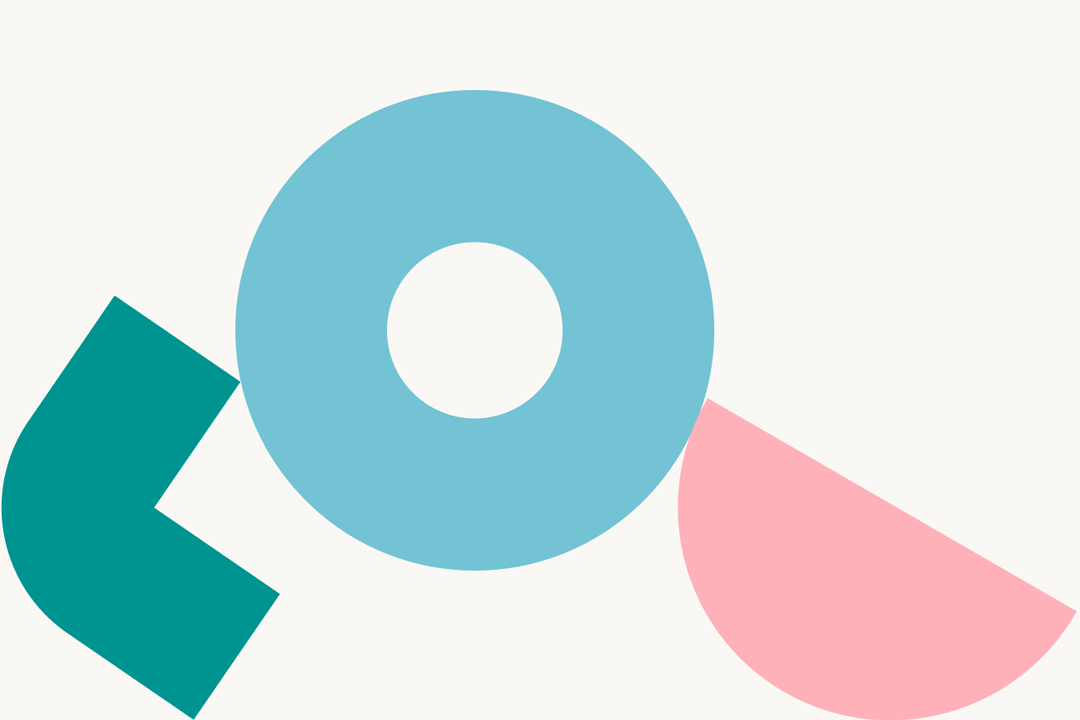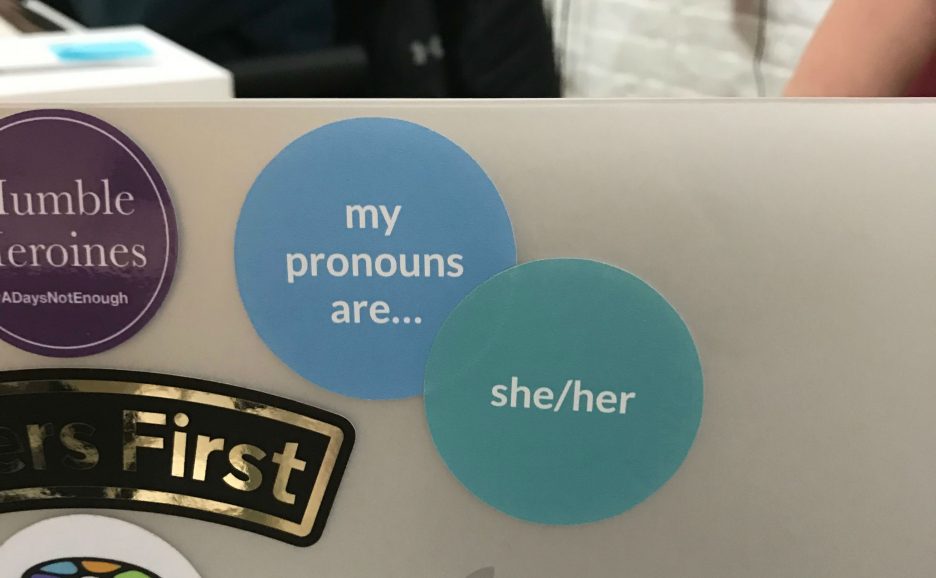What we’re doing about diversity and inclusion

We wrote about taking care when choosing the words you use
In our playbook, we have a diversity and inclusion statement but we recognise that we need to do more all the time to make that a reality.
That’s why we also have a diversity and inclusion group. The group make changes to help people feel included and to welcome and encourage more diversity in dxw. It was set up a year ago and we thought it was time to write about what we’ve done since then.
What is the diversity and inclusion group?
The group started after our company retreat last year where we reaffirmed that diversity and inclusion is important for us. Everyone at dxw is welcome to join the group. We especially encourage people who don’t think they belong in the group to lend a hand. I’ll go into more detail on how we do that later.
How do we work?
We hold meetings every fourth Friday where we review what we’re working on, what we’ve done since last time, and what we want to achieve in the short and long term. We use Trello to track our progress.
Staff then go away with things to work on, usually on Fridays when most people are in the office rather than with clients, and report back at the next meeting. We also talk about what we’re doing in the open in our diversity and inclusion channel on Slack.
What have we achieved?
The list of things we’ve managed to get done in the last year is quite long but here are some highlights.
Playbook
In January, the group wrote a statement about what diversity and inclusion means at dxw, which now lives in the playbook. We also updated the parental leave section to be more inclusive of queer and trans parents.
Words

We wrote about how to be inclusive of pronouns and gender identity. We also wrote about taking care when choosing the words you use, especially in the contexts of gender and disability on our internal blog.
Personal user manuals are a way for staff to talk about how they like to work and what their colleagues should know about them. All staff are encouraged to write one and we’ve now added a link to these in the new starter checklist.
We also made pronoun stickers to help others know which pronouns to use when addressing their colleagues.
We added a custom pronoun field to Slack user profiles and to our recruitment documentation. We’re also in the process of trying to get Aviva, our pension provider, to be more inclusive of gender diversity.
As a way of showing our appreciation for each other, we set up an appreciation channel on Slack to share positive words about our colleagues.
Visibility
We reinstated the wall of faces on the website after it went away in the redesign, because we had feedback from new recruits about how it had encouraged them to apply to work with us.
Accessibility
We audited the accessibility of the London office and the details are now in the playbook.
Events
We sponsor and attend a number of events to increase our understanding of diversity and inclusion and to give time to trying to improve things, such as #CauseAScene Conference, Coding Black Females, and UK GovCamp.
Recruitment
After reviewing our recruitment channels, we cut out some services like StackOverflow, and made an effort to use more inclusive channels such as Ada’s List.
Before we work with a recruitment partner, we ask for, and screen, the diversity of their candidate pool. We try to make sure our communication with potential applicants is inclusive and we explicitly ask them if they have access needs before they come in for interviews.
We have also continued to have mixed gender panels for interviews as much as we can.
Focus
The increased focus on diversity and inclusion over the past year has also influenced some wider changes in how we work.
We have a flexible working policy and a returners’ programme, to support and include a more diverse set of people at dxw.
We held a session on how we use Slack and organised a Wellbeing Week with events catering to a wide range of people, needs, and interests.
We held a workshop about understanding and accommodating each others’ needs in the London office. This is something we would like to take to our new Leeds office and possibly elsewhere.
What’s next?
We recently ran a diversity and inclusion survey of the company, and are hoping to share the results internally soon. The aim is also to publish our findings publicly.
The ongoing playbook review we’re doing will include a look at the entire document with diversity and inclusion in mind.
We’re also looking into the possibility of organising some research into how to ask about gender in forms.
We’re continuing to push Aviva to be more inclusive, as well as looking at the other organisations we work with.
How can we do better?
We would love for more people to be involved. Everyone is invited to group meetings, whether they think diversity and inclusion applies to them or not.
We want everyone to show up, listen, take notes, offer their help in making things happen, and see how they might be able to contribute.
It shouldn’t just be a group full of people doing the work because it affects them. It should also include people who are unaffected who can do the work and make dxw more inclusive for everyone.
We encourage all staff to think about diversity and inclusion in their day to day activities. Whatever their role, there are always things they can do to make dxw a more inclusive place.